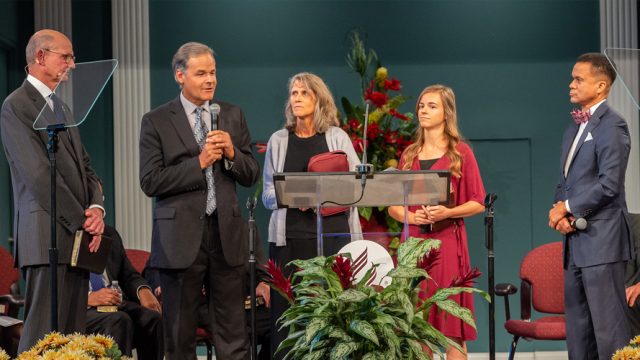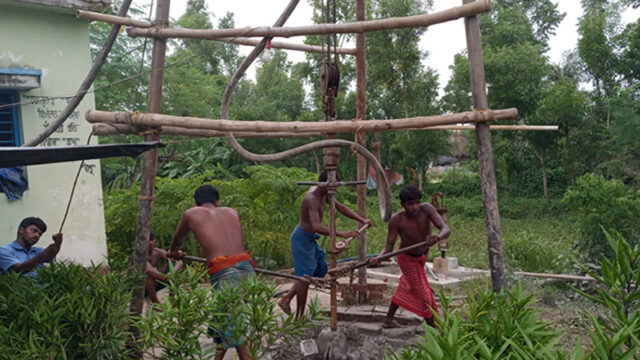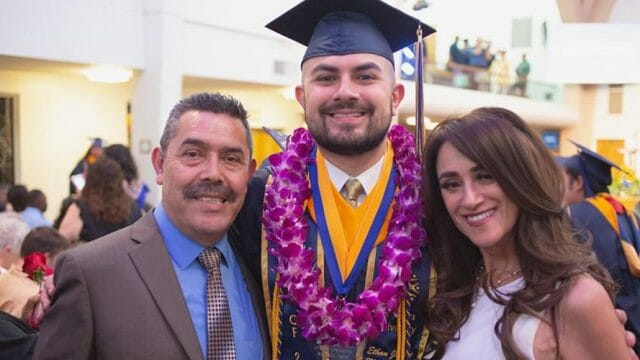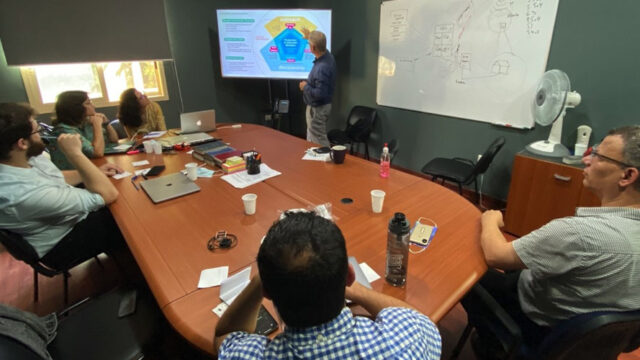In Fan the Flame Stowell J. Moody describes a race during the ancient Greek Olympic Games. Other racers competed to finish first; in […]

In Fan the Flame Stowell J. Moody describes a race during the ancient Greek Olympic Games. Other racers competed to finish first; in this one the winner crossed the finish line with his torch still lit. It was a race of skill: one error could extinguish the fire. Careful attention to the flame resulted in victory.
Switch gears to another Olympic story. Born in 1891, Shizo Kanakuri was the first Japanese athlete to qualify for the Olympic Games. Along with Mishima Yahiko, the two represented Japan at the 1912 games, in Stockholm. Interestingly, Kanakuri was known for breaking the marathon record, not for the shortest time, but for the longest.
After an 18-day trip from Japan to Sweden by ship and train, he was exhausted. Because of summer Stockholm’s white nights, during which the sun doesn’t fully set, Kanakuri didn’t sleep well. He couldn’t stomach Swedish food. His coach caught tuberculosis and couldn’t train. Last, Stockholm faced a heat wave, resulting in a contender’s death, the first at an Olympic competition.
Kanakuri competed anyway, experienced hyperthermia, and lost consciousness. Full of shame and empty of electrolytes, he silently left midrace and returned to Japan without notifying the officials. Sweden considered him missing for 50 years before a reporter discovered him working as a geography teacher in Japan. In 1967 the Swedes offered Kanakuri the chance to complete his marathon in Stockholm. He ran, and finished the marathon in 54 years, 8 months, 6 days, 5 hours, 32 minutes, and 20.3 seconds. He concluded, “It was a long trip. Along the way I got married and had six children and 10 grandchildren.”
There are some races that we must finish first. There are some that we must finish last. And there are some races that we must simply finish. Our spiritual walks are that: walks that call us to pay attention to the flame until the victorious end. We live our lives with distraction, without purpose, without intention, and then wonder what it all means.
God’s people, His last-day people, are called to live faithfully. Holding the torch of truth and keeping the flame that generations afore have kept alive, the Advent movement is called to be loyal until the very end. This means either until the end of earth’s history or until the end of one’s life, even if it means running more than 54 years. We are not called to busy-ness, to first-ness, nor to win-ness, but only to faithfulness. Whether we’ve just started or see the finish line just ahead, we are called to be faithfully sacrificial, faithfully obedient, faithfully hopeful, faithfully faithful, with careful attention to the flame—no matter how long it takes.








